Firework Safety For Fourth of July 2025
With the Fourth of July upon us, it is important for everyone to prioritize firework safety. According to the United States Consumer Product Safety Commission stated that, “In 2024, there
With the Fourth of July upon us, it is important for everyone to prioritize firework safety. According to the United States Consumer Product Safety Commission stated that, “In 2024, there
Everyone would all love to save money on our insurance, and insurance companies often do try to create incentives for good drivers. In recent years, many insurance companies have introduced

Accidents happen when we least expect them, and when they do, the aftermath can be overwhelming. From mounting medical bills to missed work and emotional trauma, the consequences of a

If you’ve been injured in an accident in Utah, you may feel overwhelmed, confused, and unsure of your legal rights. Learn what steps to take and how Utah personal injury
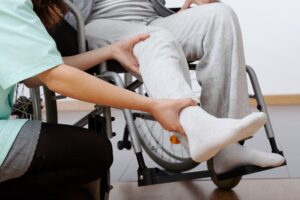
When you’ve been injured in an accident, life can suddenly feel overwhelming. From dealing with medical appointments and insurance claims to lost income and emotional stress, it’s hard to know

With the prevalence of technological distractions, driving on the road *. If you get into an accident, there’s potential it was caused by one of these distracted drivers. The problem
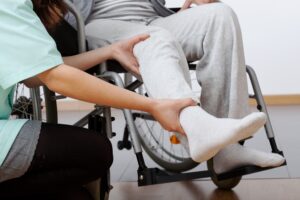
After an accident, one of the first actions most people take is to file an insurance claim, believing that coverage will handle medical bills, lost wages, and other damages. However,
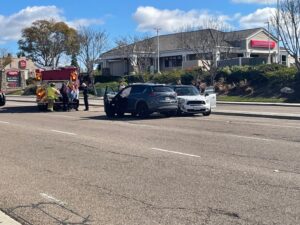
One of the first questions people ask after an accident is: How much is my personal injury case worth? Whether you’re dealing with a car crash, a slip and fall,
Being injured, in any possible way, can be detrimental to your everyday life. But some people might think that some injuries are worse than others. Though it can be true
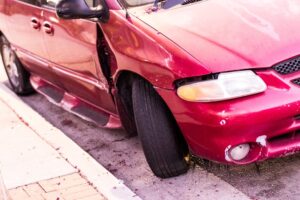
A car accident can leave victims feeling confused and overwhelmed, especially when the at-fault driver flees the scene. Unfortunately, hit-and-run accidents are not uncommon in Utah. Whether you were struck
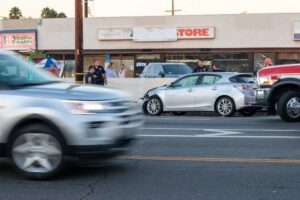
Car accidents are stressful enough, but discovering that the other driver doesn’t have insurance can add a whole new layer of uncertainty. While Utah law requires all drivers to carry
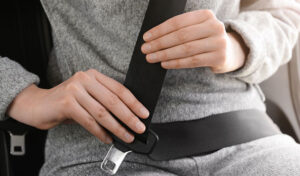
Cars Before Safety Features In 1885, Karl Benz invented the first automobile. The car had three wheels, resembled a horse-drawn carriage, and was powered by an internal combustion engine. The
UTAH INJURY LAWYERS
Flickinger • Boulton
• Robson • Weeks
PROVO OFFICE
3000 N University Ave
Suite 300
Provo, UT 84604
SOUTH JORDAN OFFICE
10393 S. Temple Dr.
Suite 103
South Jordan, Utah 84095
OFFICE HOURS
Monday- Friday: 8AM-5PM
Saturday-Sunday: Closed
*Disclaimer: the information provided by this website is for informational purposes only and should not be considered legal advice or a substitute for competent legal counsel.
**SMS consent and contact phone numbers will not be shared or sold to third parties or their affiliates for any purpose.
© 2025 All Rights Reserved.